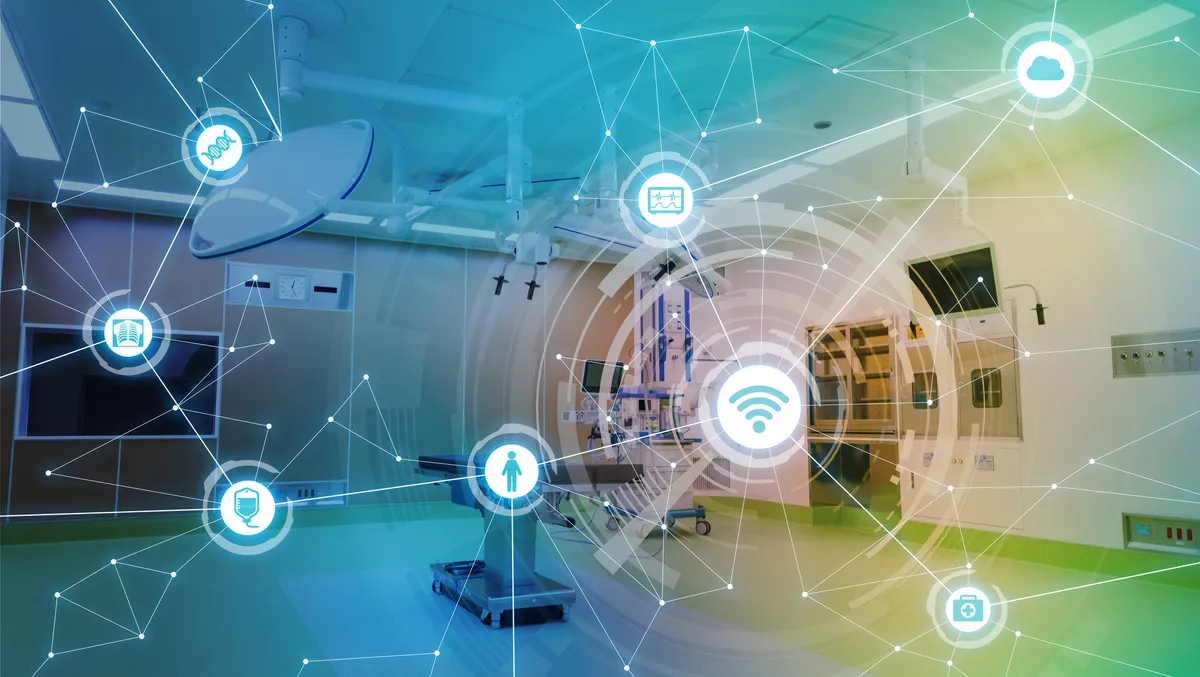
A new radar and computer vision-based IoT AI platform creates smart spaces easily
Ulisse is launching the only radar and computer vision-based IoT AI platform to help retailers, businesses, cities, and more turn areas into intelligent spaces.
The camera-free platform includes self-installing sensors and algorithms to quickly adapt to every situation and provide real-time analytics, delivering accurate data while maintaining privacy. It can be used in retail and office buildings, pedestrian areas, and public transportation.
"Rather than cameras, which invade privacy (capturing faces and identities) and require stable lighting, Ulisse incorporates a unique radar-based approach which increases the overall accuracy of the analytics and reduces the required density of sensors in the physical environment, also making the entire solution less expensive," the company says.
The Ulisse RF (radio frequency)-based sensors, which act like radar, illuminate the target with reflection point clouds, not a true-colour image, resulting in unobtrusive and privacy-friendly technology.
The new platform is currently being piloted in Singapore Cable Cars to measure the crowds and monitor the comfort level of the system, and in the Metropolitan City of Venice, where it will analyse and measure the density of tourists travelling through the town. Several luxury fashion brands have also implemented the Ulisse platform to determine how potential customers behave and interact with their display windows. Retailers may also use the analytics to determine the best store staffing options and the optimal staff to customer engagement ratio.
"As the post-pandemic world starts to emerge with more people seeking experiences outside their homes, it will be obvious that the real estate industry has not really understood people's experiences and behaviours," says Ulisse CEO, Luca Nestola.
"Cities, buildings and public transit all need data about how people interact. Human experience is a crucial aspect of how buildings and places are designed and will be an important part of the equation as we move forward. Ulisse does that through its technology and analytics."
The company is creating technology that delivers critical spatial intelligence, which involves the analysis of a wide spectrum of data signals coming from IoT sensors distributed around a smart environment. The AI solution utilises hardware, software and algorithms, and can provide visual analytics in minutes, quickly learning from people's behaviours, so clients can make measurable improvements relating to people's experiences.
Using a 'LEGO-like' approach, the hardware can be assembled by combining multiple hardware modules and the software algorithms, which can then be adapted for different industry applications like smart retail, smart cities and smart buildings. Ulisse says the solution is easy to set up (just a few minutes) and can run uninterrupted without maintenance for years.
Potential applications for the new technology:
- Businesses can use the platform to better understand unused space in buildings to maximise operations, deliver better workplace experiences, plan for growth, and improve security and emergency response.
- Retailers may receive real-time insights to improve operations in brick-and-mortar stores.
- Hotels can improve the customer experience, optimise staff planning and resources and reduce energy consumption.
- Smart Cities can implement the technology to improve public transportation, assess traffic, detect crowded pedestrian areas, reduce pollution, prevent crime, and enhance the overall quality of life.
- Caregivers can improve the quality of care for the sick or elderly by using the technology to identify falls or other dangerous situations.
"Ulisse has a unique adaptive design so that it learns from human behaviour and can turn every physical space into an intelligent space, regardless of what it is," says Nestola,
"For example, in an office building, we can simulate different layouts and the effects on people's occupancy and behaviours. With that information, management can optimise spaces for specific purposes."


